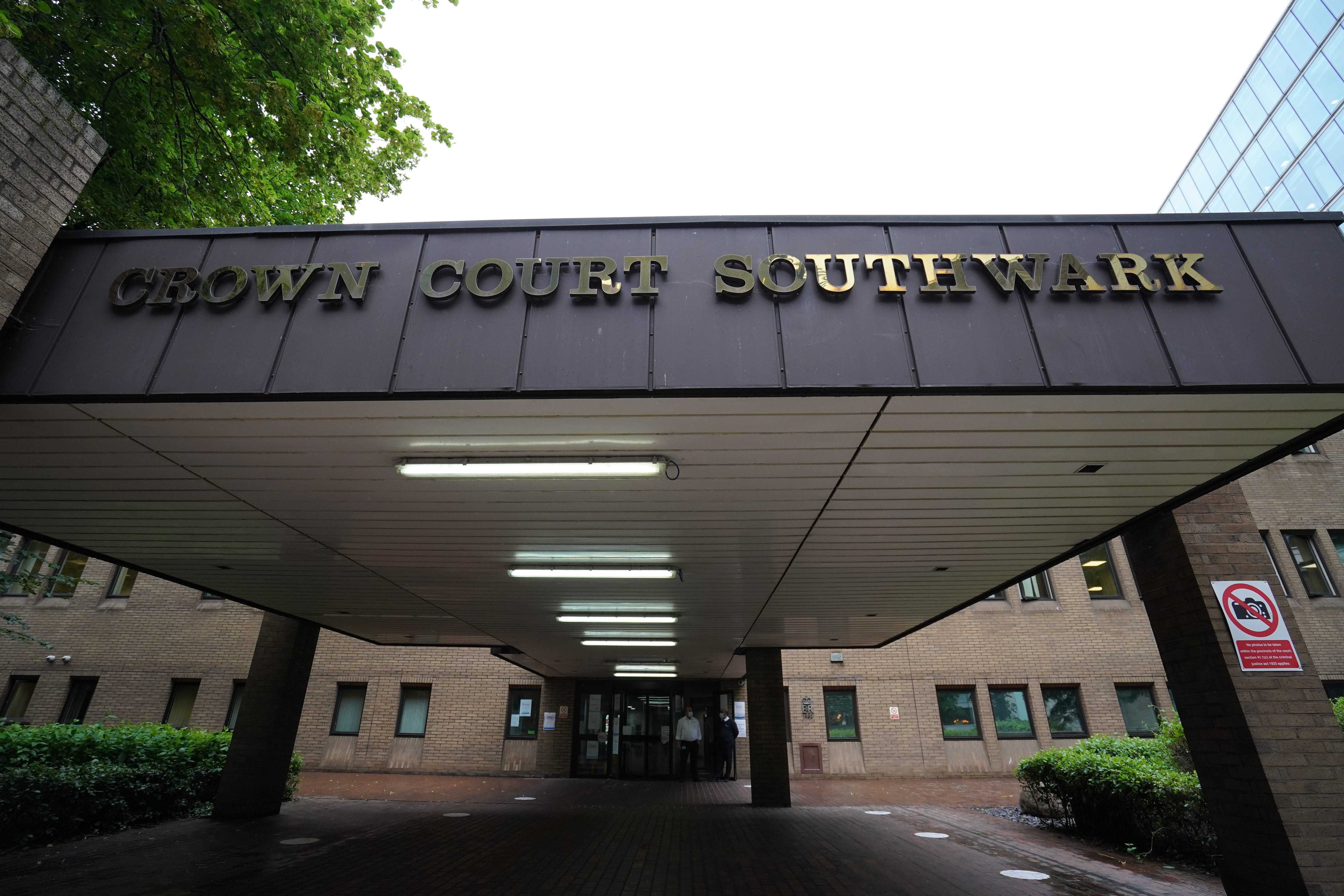Murder trial juror who conducted own research spared jail over ‘judgment error’
Sadiq Leon, 42, received a suspended sentence after pleading guilty to two counts under the Juries Act 1974.

A juror who carried out his own research while sitting on a murder trial has been spared jail after a judge said the “error of judgment” was “brought about the burden of responsibility” he felt.
Accountant Sadiq Leon, 42, was sentenced to two months’ imprisonment, suspended for six months, at Southwark Crown Court on Tuesday after pleading guilty to two counts under the Juries Act 1974.
Judge Tony Baumgartner said some of the evidence he had heard in the case of Tyrece Fuller had “exacerbated” his existing anxiety.
Fuller, 23, was being tried for the alleged murder of 27-year-old Terrell Davis-Emmons – the brother of rapper 21 Savage – whose real name is She’yaa Bin Abraham-Joseph – at Inner London Crown Court in July 2021.
It is fortuitous none of the other jurors paid heed to what you had done, and reported it to the judge
Leon ignored warnings from judge Mr Justice Cavanagh and researched the meaning of the word “intention” over the weekend after the jury had been sent out to deliberate.
On Monday July 19, he took a printed piece of paper for each juror into the jury room setting out the results of his research.
After convicting Fuller of possession of a knife, other jurors alerted the judge to what Leon had done but said they had not looked at the material.
Leon was discharged from the jury after admitting his actions and later pleaded guilty to charges of carrying out of research during the trial period and sharing research with another juror.
Fuller was cleared of murder but found guilty of the lesser charge of manslaughter and later sentenced to 10 years’ imprisonment over the fatal stabbing.
Sentencing Leon, Judge Tony Baumgartner said: “I cannot think of a more serious charge than a charge involving murder.
“It is fortuitous none of the other jurors paid heed to what you had done, and reported it to the judge.”
But the judge accepted Leon had been suffering from mental health problems resulting from claustrophobia.
“However well-intentioned you were you acted recklessly, and you acted regardless of the clear and foreseeable risk that had been identified by the judge and subject to his specific directions to avoid that happening,” he said.
“You were diagnosed as suffering from anxiety shortly before these offences and some of the evidence you saw exacerbated this, affecting your sleep.
“It is capable of explaining your irrational conduct.”
He added: “It seems to me that what you did was completely out of character.
“I accept it was an error of judgment brought about by the burden of the responsibility you felt as a juror.”
